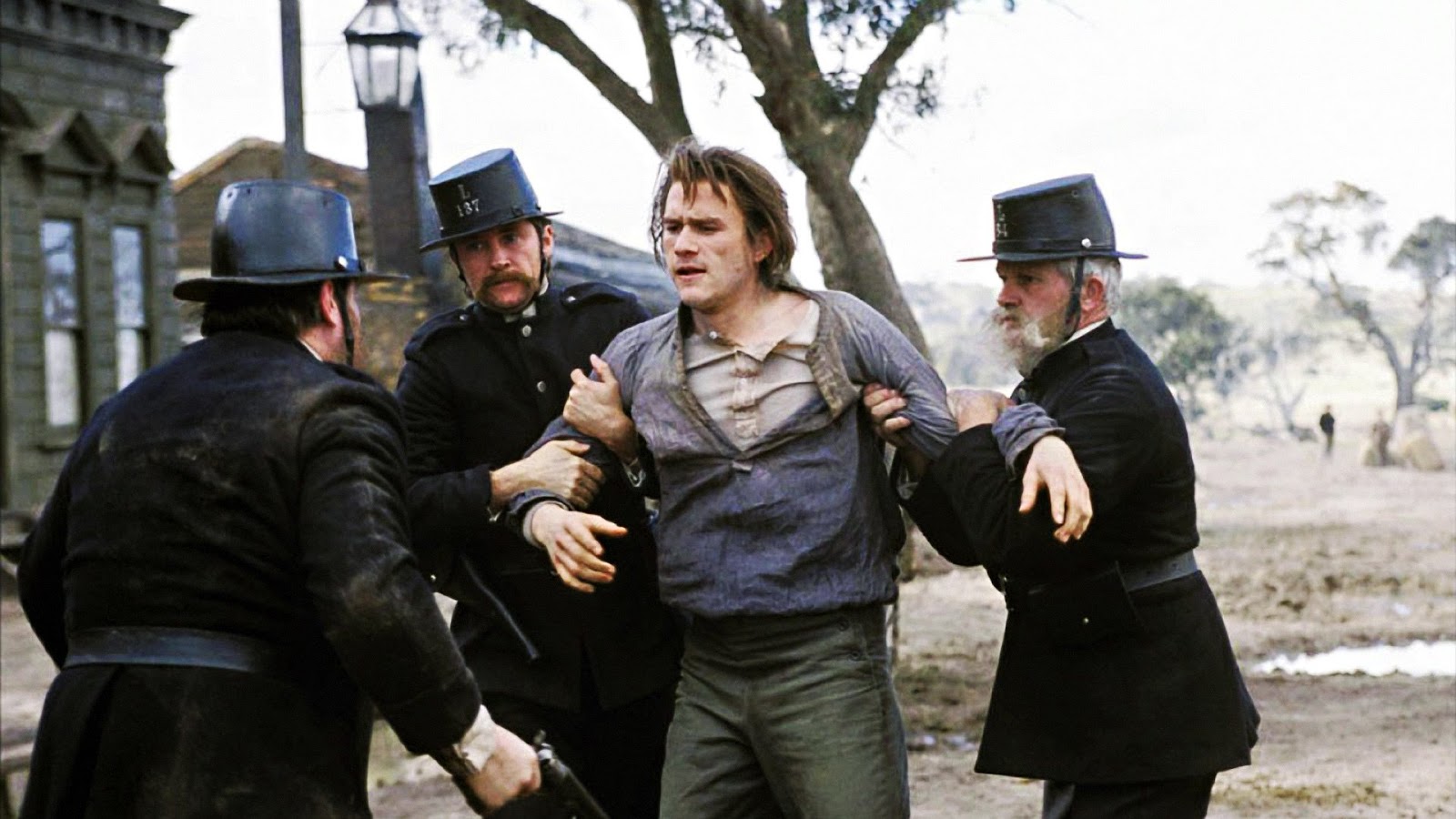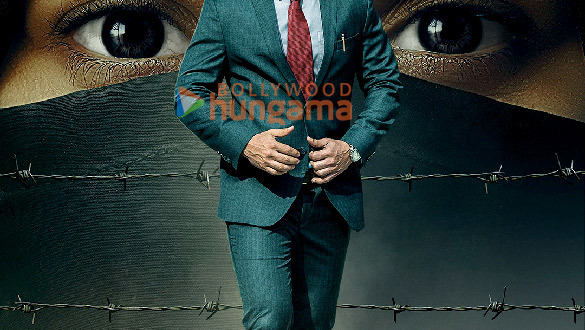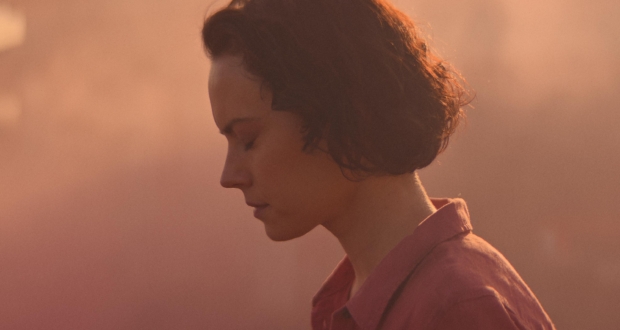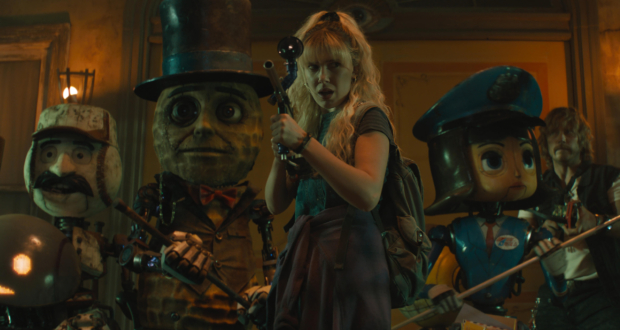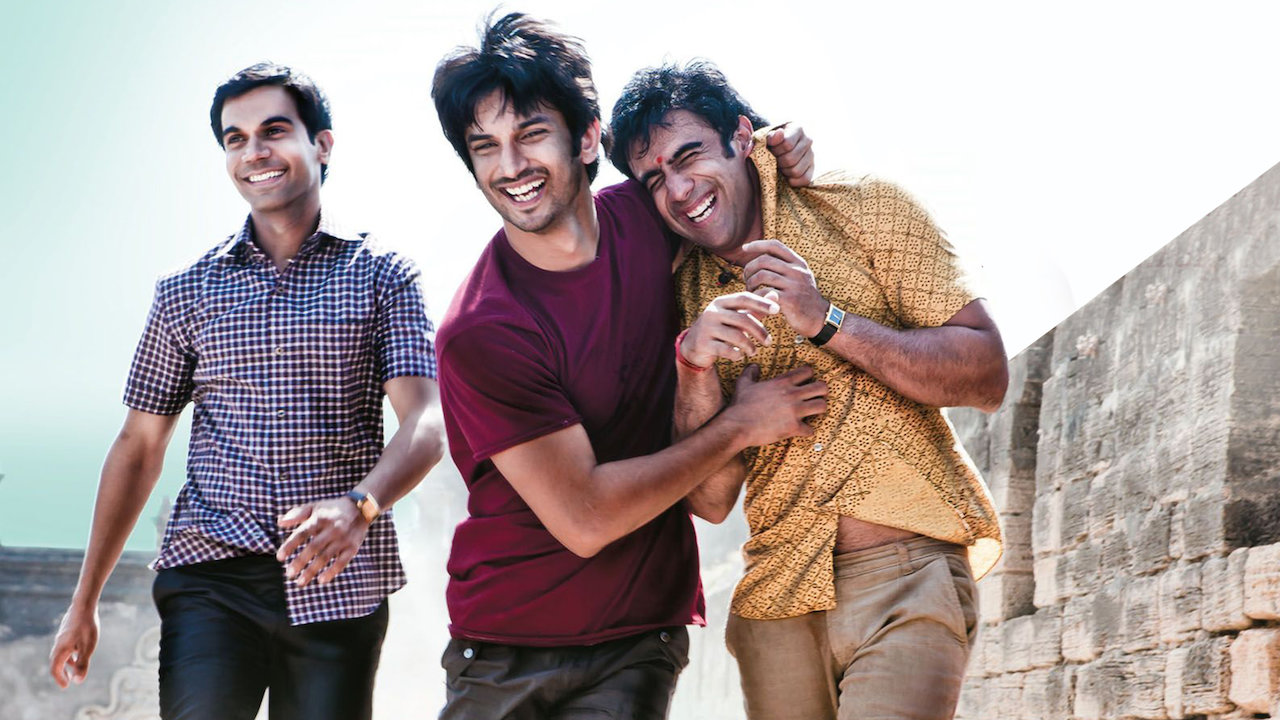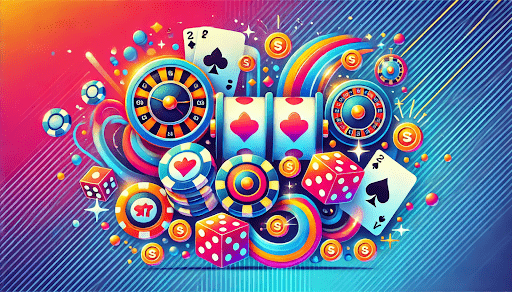Every nation has its own unique features, traditions and even stereotypes. But few are so pronounced, and often so misunderstood, as those of Australia. Perhaps it is because it is so far away from everywhere else that it seems to stand alone. Perhaps it is down to the nation’s unique history and the blend of cultures ranging from first-nation aboriginal tribes to the European settlers of the 19th century to the more recent influences from the Indian subcontinent.
Oscar Wilde famously said that life imitates art. We would argue that it cuts both ways. Here, we have selected a handful of movies that are essential watches for anyone intrigued by the real Australia, past and present.
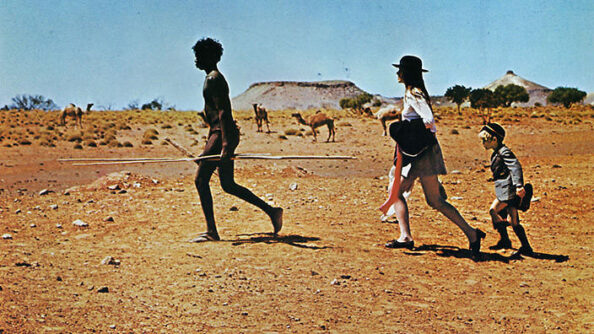
Walkabout (1971) – coming of age in the Outback
Just weeks after she wrapped filming The Railway Children, 18 year old Jenny Agutter was on a plane to Australia to lead in this magical coming-of-age story. She plays an unnamed girl who, with her brother, becomes separated from their parents in the Australian outback. Their encounter with an Aboriginal boy who is on “walkabout” – a ritual separation from his tribe during which he must live unassisted off the land – could be their salvation or their undoing.
More than 50 years after its release, this is a movie that ages like a fine wine. The depiction of the beautiful yet terrifying Australian outback has never been done better before or since, and the screenplay draws out the similarities and differences between the privileged brother and sister and the Aboriginal boy literally without words. The language barrier was not just a movie construct, actor David Gulpilil genuinely knew no English when the movie was filmed.
Gulpilil later went on to play Neville in Crocodile Dundee. Also look out for John Meillon, who also appeared in the Crocodile Dundee movies as Walter. Here, he has a brief role as the father of the lost children.
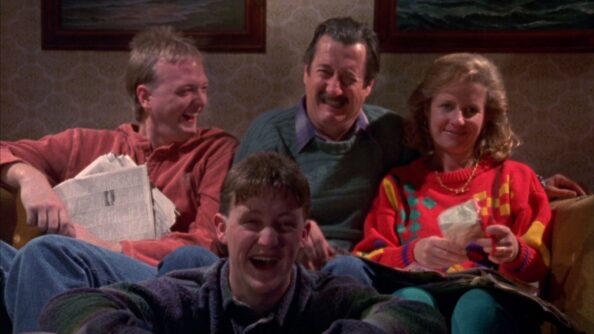
The Castle (1997) – no-holds-barred blue collar Aussie life
Movies have a tendency to either focus on the harsh outback or the surfer dude paradise of the nation’s golden beaches. Here’s a movie that gives a glimpse of realism. The Castle is ostensibly about a family standing up against faceless bureaucracy when a compulsory purchase order is placed on their Melbourne home to make way for a new transport scheme.
It’s a good enough basis for a David vs Goliath battle, but that would work in any country. What makes The Castle so special is the almost fly-on-wall style of filming, showing blue-collar Aussie family life. Despite the serious subject matter, there are also plenty of laughs to be had along the way. When the 85 minute runtime comes to an end, you’ll be sad to leave the company of Darryl, Sal and their family.
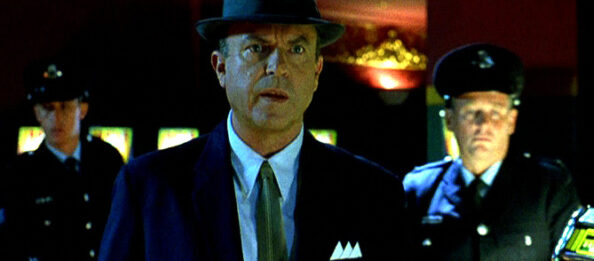
Dirty Deeds (2002) – casino gaming the Australian way
We mentioned stereotypes earlier on. Australians are often reflected as having a passion for gambling, and while that sounds like a cliché, global industry statistics show that Australians gamble more than $30 billion per year. With a population of only a little over 25 million, that averages out at well over $1,000 per person – far more than any other country in the world.
More than half of that is wagered on pokies – that’s slot games to the rest of the world. Now today, that mostly means logging on to an online casino site from a PC or a smartphone – if you click here, you can learn more about Aussie pokies in the modern age. But to get an idea of just how important these games have been in molding Aussie culture, put Dirty Deeds on your watch list.
The depiction of Australian organized crime in the 1970s provides a laugh a minute, and you won’t be able to resist taking sides with the bad guys when American gangsters try to muscle in on their territory. The impressive cast list includes John Goodman, Sam Neill and Toni Collette.
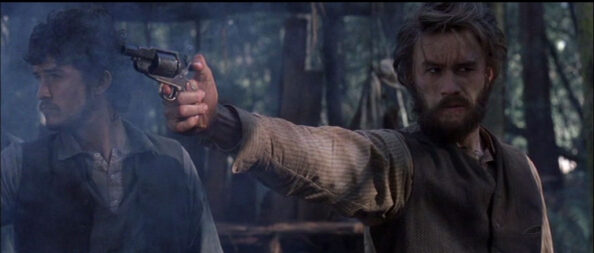
Ned Kelly (2003) – lots of countries have a west
In an early episode of the rebooted Dr Who series, The Doctor was asked “If you’re an alien, why do you have a northern accent?” Quick as lightning, he replied “lots of planets have a north.” We could extend the same argument to countries and the west – back in the 1800s, none was wilder than that of Australia, and Ned Kelly was the most famous and colorful of its outlaws.
Starring the late Heath Ledger in one of his most under-appreciated films, Ned Kelly paints an historically accurate picture of Australian life in the 19th century, revealing tensions between the English and Irish that were ready to boil over at any moment. Ned Kelly himself was the archetypal anti-hero of the time, a man who wanted to live life his own way and was ready to strike out against the oppressive government of the time, no matter what might result.
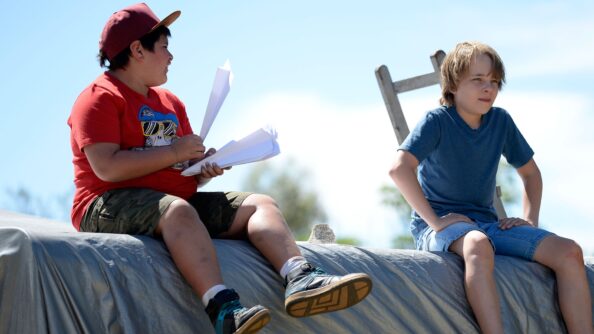
Paper Planes (2015) – celebrating triumph over adversity
If there’s been a common theme throughout the movies so far, it has been one of the little guy or girl coming out on top, from the kids lost in the Outback to the family in their personal castle to the Sydney chancers in Dirty Deeds and Ned Kelly who played by their own rules, win or lose.
That theme is brought to a focal point by Paper Planes. A feel-good tale about a kid from the outback and his Dad, who dream of leaving their tight-knit community to enter the world paper planes championship in Japan (yes there really is such a thing) might sound schmaltzy. However, it is unusual for a movie to rank as high as 85 percent on Rotten Tomatoes, so that in itself should cause anyone to sit up and take notice.
It’s funny, it’s heart-warming and it is completely and utterly Australian. It also introduced the world to young actor Ed Oxenbould, who is surely destined to go on to great things.
